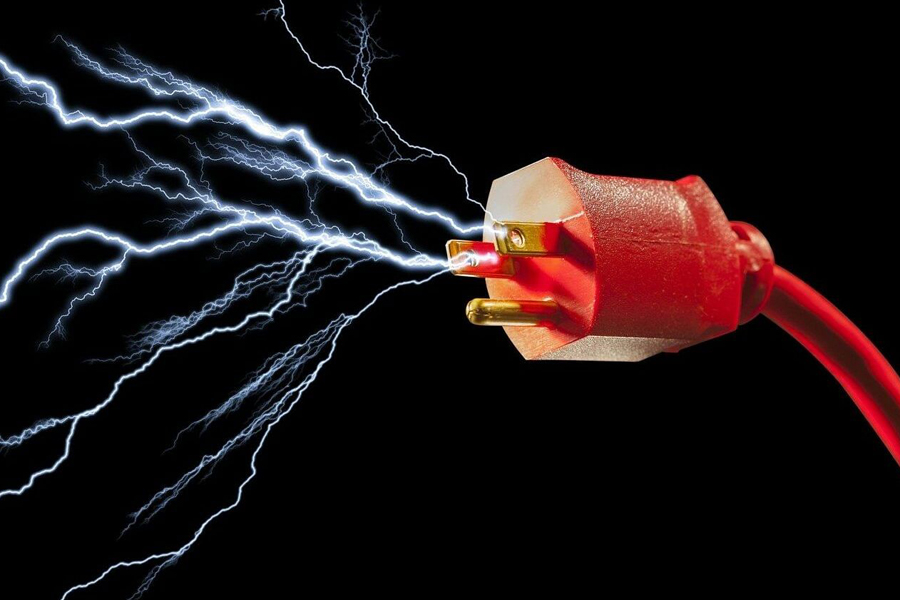We have to first win the race to even-up unpaid work before achieving gender equality
By Deo Walusimbi
Nowadays, women and girls in Uganda, spend 54 hours (32%) weekly on unpaid and domestic care-work compared to 13.5 hours (8%) men spend on the same.
54 hours translate into 7.7 hours women invest in unpaid work every day whereas it is minimal 0.37 hours men devote on unpaid care-work daily.
These are part of key findings contained in “Gender Roles and the Care Economy in Ugandan Households” report issued by UWONET and Oxfam in Uganda.
Unpaid care and domestic work is defined as care of persons and housework performed within households without pay… cooking, laundry, cleaning homes, fetching water, collecting fire-woods, children-care and entire family, caring for livestock, farming, supervising children’s education, etc, are examples of such work.
Well, some women forming 40% engage in paid-work, but like in homesteads, women find themselves engaged in unpaid care-work disguised as volunteer work in paid workplaces and this work straddle cleaning, informal care-giving, serving other individuals and maintaining interpersonal relations, etc.
This work which is predominantly performed by women and girls is socially, politically, and economically, undervalued because formal systems only recognise paid-market economy that assigns value to work exchangeable for compensation and thus excluded in national statistics.
I find this practice not only ironical, but discriminatory, insincere and obsolete given the immense contribution unpaid care-work makes on Uganda’s production through daily people’s maintenance.
Uganda is largely still patriarchal and therefore, authorities at family, community and national level, still find it normal to overload unpaid care-work on women and girls.
In typical patriarchal societies, parents and elders are charged with inculcating set of inflexible cultures into children, according to their gender.
A man is not supposed to do this, that and the other. It’s a woman to do A, B, C, and D for a man. A woman is not supposed to eat such and such things because they are reserved for men and indeed, ancient elders could instil such cultures into their children.
As time passed, some norms died out. It’s the reason perhaps, Uganda passed legal and policy frameworks to address unpaid and domestic work.
Constitutional, NPII, National Gender Policy (2007) and National Social Protection policy (2015), acknowledgments notwithstanding, women still carry heavy burden of unpaid care-work which has been exacerbated by Covid-19.
Whereas it’s problematic, Covid-19 presents exceptional opportunity to reinvigorate a race aimed at having ‘invisible’ unpaid care-work fully recognised, reduced by decision-makers then redistributed at family and other levels.
These calls for renewed, concerted efforts to apply multi-layered campaigns hinged on preaching attitudinal shift messages.
It should be all of us within our means to impart culture of sharing unpaid care-work responsibilities between girls- boys, women-men at all levels which would make strides in freeing women’s tied hands.
Campaign’s 2nd phase should focus on seeing government shifting from rhetorics to implementation of good policies that are gathering dust on papers.
Making unpaid and domestic care work visible and valuable through letting it count in Uganda’s economy as measured while generating official statistics regards GDP.
To achieve this, we should be deliberate to push for quantification of unpaid care-work based on time spent on performing a given task at domestic level to know monies particular individuals would earn if they were engaging in paid-work.
This method will help us address unrealistic denials on how essential unpaid care-work supports Uganda’s economy by some of those with power to take and implement decisions on freeing women’s hands.
Government needs to prioritise unpaid care-work through investing more in key social sectors such as education, health, water, agriculture, etc.
We cannot afford to let unpaid care continue thriving on patriarchy when we are occupied with tackling systematic inequality which is responsible for gendered poverty and discrimination based on gender.
SDG5 calls for achieving gender equality and empower all women and girls with its target 4 explicitly urging all states to “recognize and value unpaid and domestic work).
Appreciations to gallant advocates at UWONET, OXFAM and some Ugandans who are actively engaged in campaigning to free women’s hands. Together, we stronger and we’ll win.
The writer is an advocate for equality and co-founder at @equalitynow_ug equalitynowug@gmail.com













